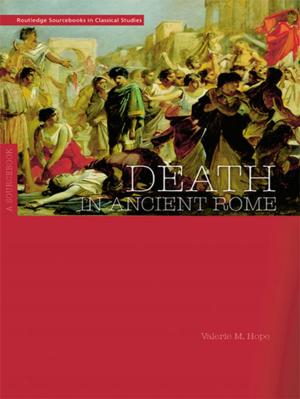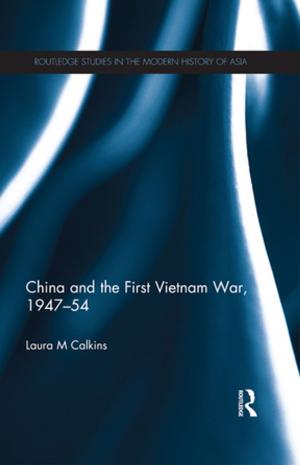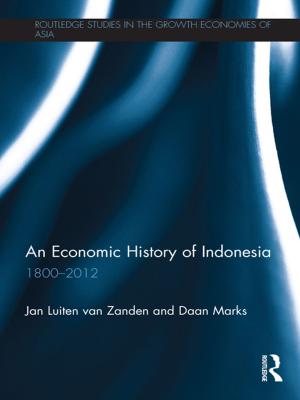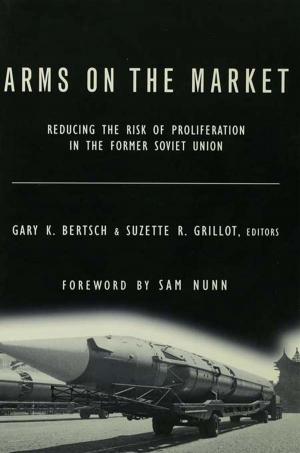Life and Times of the Atomic Bomb
Nuclear Weapons and the Transformation of Warfare
Nonfiction, History, Military, Nuclear Warfare, United States, Americas, 20th Century| Author: | Albert I Berger | ISBN: | 9781317520085 |
| Publisher: | Taylor and Francis | Publication: | February 5, 2016 |
| Imprint: | Routledge | Language: | English |
| Author: | Albert I Berger |
| ISBN: | 9781317520085 |
| Publisher: | Taylor and Francis |
| Publication: | February 5, 2016 |
| Imprint: | Routledge |
| Language: | English |
Life and Times of the Atomic Bomb takes up the question of how the world found itself in the age of nuclear weapons – and how it has since tried to find a way out of it. Albert I. Berger charts the story of nuclear weapons from their origins through the Atomic Age and the Cold War up through the present day, arguing that an understanding of the history of nuclear weapons is crucial to modern efforts to manage them. This book examines topics including nuclear strategy debates, weapon system procurement decisions, and arms control conferences through the people and leaders who experienced them.
Providing a chronological survey, Life and Times of the Atomic Bomb starts with the major scientific discoveries of the late 19th century that laid the groundwork for nuclear development. It then traces the history of nuclear weapons from their inception to the atomic bombings of Hiroshima and Nagasaki in 1945 and the reaction to them by key players on both sides. It continues its narrative into the second half of the twentieth century, and the role of nuclear weapons throughout the Cold War, engaging in the debate over whether nuclear weapons are an effective deterrent. Finally, the closing chapters consider the atomic bomb’s place in the modern world and the transformation of warfare in an age of advanced technology.
This clear and engaging survey will be invaluable reading for students of the Cold War and twentieth-century history.
Life and Times of the Atomic Bomb takes up the question of how the world found itself in the age of nuclear weapons – and how it has since tried to find a way out of it. Albert I. Berger charts the story of nuclear weapons from their origins through the Atomic Age and the Cold War up through the present day, arguing that an understanding of the history of nuclear weapons is crucial to modern efforts to manage them. This book examines topics including nuclear strategy debates, weapon system procurement decisions, and arms control conferences through the people and leaders who experienced them.
Providing a chronological survey, Life and Times of the Atomic Bomb starts with the major scientific discoveries of the late 19th century that laid the groundwork for nuclear development. It then traces the history of nuclear weapons from their inception to the atomic bombings of Hiroshima and Nagasaki in 1945 and the reaction to them by key players on both sides. It continues its narrative into the second half of the twentieth century, and the role of nuclear weapons throughout the Cold War, engaging in the debate over whether nuclear weapons are an effective deterrent. Finally, the closing chapters consider the atomic bomb’s place in the modern world and the transformation of warfare in an age of advanced technology.
This clear and engaging survey will be invaluable reading for students of the Cold War and twentieth-century history.















